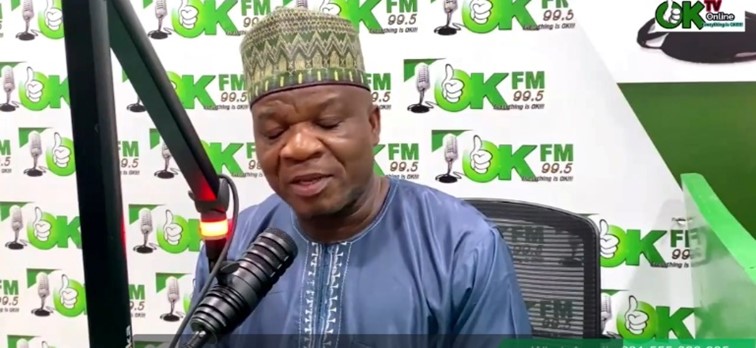Imam Ali Krayee, Liberia’s Chief Imam, finds himself embroiled in controversy, facing accusations of selective silence regarding the perceived shortcomings of President Joseph Boakai’s administration. This public scrutiny stems from a stark contrast between his previously outspoken criticism of former President George Weah and his current reticence on national issues. Krayee, once a vocal advocate for accountability and a prominent critic of government actions, now appears to have adopted a more subdued approach, prompting speculation and disappointment among his followers and political observers. The central question revolves around whether his silence signifies a shift in political allegiance, a calculated strategy to maintain favor with the current administration, or simply a reassessment of his public role.
The criticism against Krayee is rooted in the perception of a broken promise. Many Liberians recall his active engagement in national discourse during the previous administration, where he consistently held power to account and voiced concerns on behalf of the citizenry. This perceived shift from vocal critic to silent observer has fueled a sense of betrayal and disillusionment among those who previously admired his outspokenness. The public discourse surrounding Krayee’s silence underscores the importance of consistent and principled leadership, particularly from religious figures who often hold significant moral authority within their communities.
In response to the mounting criticism, Imam Krayee denies any deliberate silence, instead attributing the perceived lack of public commentary to insufficient media coverage. He contends that his voice and criticisms are not being adequately amplified by the media, suggesting that his message is being overlooked or deliberately ignored. He specifically cites his address following Ramadan, where he critiqued the government’s asset recovery process, particularly its exclusion of the previous administration led by Ellen Johnson Sirleaf. Krayee argues this instance demonstrates his continued engagement with critical national issues, despite the perception of silence.
Further fueling the controversy surrounding Krayee’s perceived silence is his recent appointment to the National Port Authority (NPA) board. Critics argue that this new role has compromised his independence and influenced his decision to refrain from criticizing the Boakai administration. The public perception is that Krayee has traded his vocal advocacy for a position of power, prioritizing personal gain over his responsibility to speak truth to power. This allegation of compromised integrity further erodes public trust in his leadership and casts a shadow over his previous pronouncements on accountability and good governance.
Public sentiment against Krayee is palpable, with numerous individuals expressing their disappointment and frustration. Callers to radio programs, like Musa Konneh and Melvin Diggs, openly criticize Krayee’s apparent shift in behavior, highlighting the contrast between his vocal criticisms of the Weah government and his current silence under the Boakai administration. These public pronouncements underscore the widespread belief that Krayee’s NPA appointment has effectively silenced him, preventing him from fulfilling his role as a public advocate. Even pro-Weah commentators, like Frank Gibson, have weighed in, accusing Krayee of being “compromised,” further solidifying the negative perception surrounding his actions.
Despite the public outcry and accusations of compromised integrity, Krayee continues to maintain his innocence, insisting that his role at the NPA has not influenced his stance on national issues. He emphasizes that every citizen, regardless of religious background, has the right to serve in government and that his appointment should not be interpreted as a silencing tactic. However, he also acknowledges the public’s high expectations of President Boakai, urging the President to strive for better governance and live up to the promises made to the Liberian people. This cautious admonition, while seemingly aimed at the President, also serves as an indirect response to the criticism leveled against Krayee himself, suggesting an awareness of the need to address public concerns and restore confidence in his leadership.


